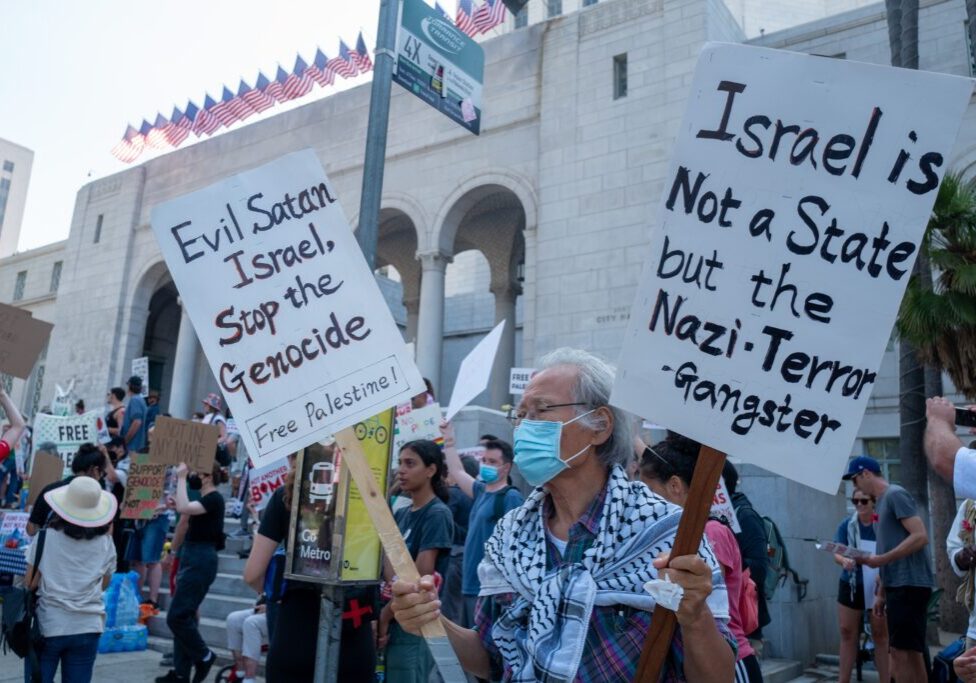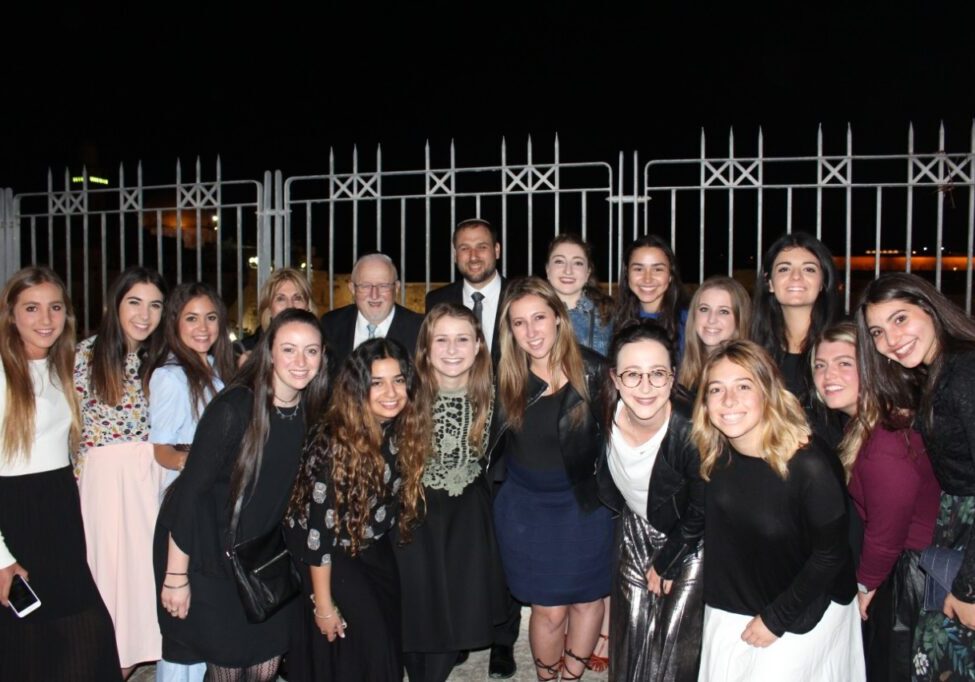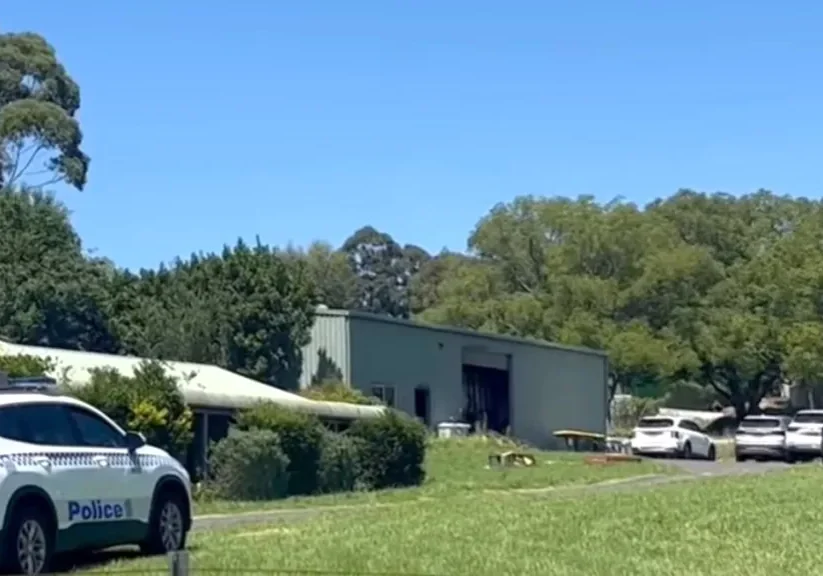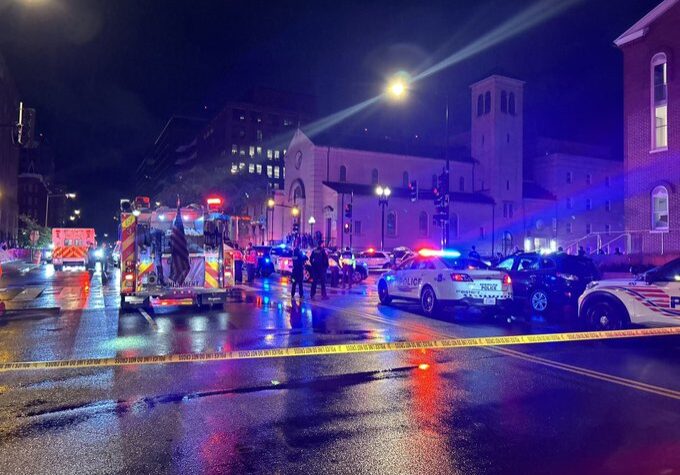Australia/Israel Review
Biblio File: A Tough Crowd
May 1, 2007 | Andrew Friedman
Robert Satloff on his effort to bring Holocaust education to the Arab world
By Andrew Friedman
Could Arab attitudes to the Holocaust be changing?
“Not so fast,” says Robert Satloff, the Executive Director of the Washington Institute for Near East Policy and author of Among the Righteous: Lost Stories from the Holocaust’s Long Reach into Arab Lands (Public Affairs, 2006). But he says there are positive signs.
Addressing a Hebrew University audience on a recent tour of the region, Satloff said his visit, including stops in Egypt and Israel, garnered much of the hostile reaction he expected, but also support from unexpected quarters in his attempt to battle Holocaust denial in the Arab world.
Satloff spoke in Arabic to four audiences in Egypt, including a joint session of the Arab League, about the Arab role in the Holocaust – both positive and negative.
“Of course, the Holocaust is overwhelmingly a European story, but the Nazis tried hard to extend their clutches to the Jews of North Africa. The Vichy Government in France, which controlled much of the territory, was only too happy to oblige, and by 1943 the Germans had put into action plans to include Jews from Morocco, Tunisia and Libya in their ‘final solution’, he said. “And non-Jews in those countries reacted in much the way their European neighbours did. Most were apathetic, some collaborated in the deportations, and some acted heroically to save Jews. This last group are the people I’ve tried to highlight in my book.”
The stories themselves are astounding. In Tunis, the Jewish community provided rent and health-care for surviving members of the royal family in gratitude for the family’s help sheltering Jews during the war. Another Tunisian by the name of Khaled Abu Wahab served as an interlocutor with German occupation troops. When he heard Germans were headed for a Jewish family farm to rape women, Abu Wahab sent word to the family to leave, then sheltered them on his farm for the duration of the war.
Even in Europe, some Arabs acted heroically to save Jews from the clutches of the Nazis and their European allies. In Vichy France, Sadr ibn-Gavrit, the Imam and founder of the Mosquée de Paris, the largest Muslim prayer centre in Europe, saved up to 100 Jews by providing Muslim birth/marriage certificates, and one witness even said ibn-Gavrit went to the local cemetery to alter Jewish graves so the Nazis couldn’t discern Jewish pasts.
So why are these stories only coming out now? For two main reasons, says Satloff. One, the Holocaust is overwhelmingly a European story. For this reason, the topic has become the focus of some considerable tension between Ashkenazi (European) and Sephardic (North African and Middle Eastern) Jews, and so neither group has spent resources researching the history of the war in North Africa.
The other reason is that Arab heroes, or their descendants, have consistently rejected publicity. Khaled Abu Wahab’s grandsons are well versed in their grandfather’s heroism from 65 years ago, but they have a slightly different version of it: According to family lore, their grandfather sheltered German infantrymen against capture, rather than Jews.
“It has become unacceptable to have saved Jews,” explains Satloff. “If Arabs believe anything at all about the Holocaust, it is that it was a European crime for which Arab nations – and especially Palestinians – were forced to pay. In their eyes, recognising the Holocaust in any way starts a slippery slope towards legitimising Israel, regardless of the fact that Israel was well on the way to independence well before Germany passed the Nuremberg Laws.”
Satloff says the idea of fighting Holocaust denial developed on the afternoon of Sept. 11, 2001. “It was both a personal and professional decision,” he says quietly. “I happened to have been in New York that day, and the smoke billowing from the World Trade Center reminded me of the smoke billowing from the chimneys of Auschwitz. Like the Germans, al-Qaeda used the best technology available to kill as many people as possible as quickly as possible. Of course there are differences. But the similarities are too stark to ignore.
“As I walked around that day,” he continued, “I tried to think about what constructive contribution I could make in light of the attack, and quickly came to the realisation that I was most likely to make an impact in the Arab world by citing examples of Arab heroes from that time. By promoting stories of great Arab men and women, maybe I could portray a positive side of the Arab world to stand in contrast to images of the Twin Towers crumbling, and encourage Arabs to point to these individuals with pride. But if they want to call these people ‘heroes’, they must also acknowledge the context in which they performed their heroic acts,” he told the Australia/Israel Review.
Satloff’s initial research was less than encouraging. He found no text books anywhere in Arab society about the Holocaust, or even about genocide prevention. “To me, it is a question of US national security. For some reason, millions of people are exempt from knowing about the Holocaust. I suffer because of that – as a human being, as an American, and as a Jew.”
Satloff says his attempt to paint Arab World War II-era heroes in a positive light has met with expected resistance, but also with wary acceptance in certain unexpected circles. “I was invited to address the Arab League about the importance for Arabs to understand the Holocaust, and to understand that Arabs played a role in the Holocaust,” he said soberly. “The invitation was a breakthrough in-and-of-itself, but [Secretary General] Amr Moussa had to trick other diplomats in order to get them to show up for my talk. And even then, my presentation was interrupted for 10 minutes while the Syrian representative lectured me about the ‘real holocaust’ in Palestine.”
Still, Amr Moussa was forthcoming about the widespread phenomenon of Holocaust denial in the Arab world, and about the need to fight it. “We have deep, deep, deep political differences with Israel,” Amr Moussa told the assembly after Satloff’s talk. “But that doesn’t undermine the need to confront Holocaust denial in the Arab world.”
And following the talk, Satloff was invited to appear on Egyptian state TV, and the book was given a prominent two-page review in Rose al-Youssef, a newspaper closely associated with the Egyptian president’s son and heir-apparent Gamal Mubarak, while the government mouthpiece al-Ahram ran a front page feature story about Satloff’s visit. Then, after Satloff returned to Washington from the Middle East, the Egyptian delegate to the UN was the first to support a General Assembly resolution condemning Holocaust denial – two years after Egypt led the charge against Jan. 27 being declared International Holocaust Memorial Day.
In February, Saudi Ambassador to the United States Turki al-Faisal followed suit, calling Holocaust denial a “scourge”.
“Look, I’m not naive about the Middle East,” Satloff told the Australia/Israel Review soberly. “The Egyptian press still routinely uses antisemitic imagery to criticise Israel, and Israel is called a ‘Nazi regime’ in state-run newspapers throughout the region. But these examples represent important developments, and should not be overlooked.”
Although Satloff says there are several forces driving recent developments mentioned here, one of the main contributing factors is the combination of Iran’s outspoken President Mahmoud Ahmadinejad and fear of the Islamic Republic’s drive for nuclear weapons. Since taking office in August 2005, Ahmadinejad has called repeatedly for Israel to be “wiped off the map,” has denied the Holocaust multiple times on the international stage, and, in the past year, Iran has hosted both a pseudo-academic conference to determine the historical validity of the Holocaust and a competition for the “funniest” Holocaust cartoon.
Satloff suggests the Iranian President’s preoccupation with the Holocaust is an attempt to build common ground with an Arab world wary of traditional rivalries between both Iran and the Arab world, and between Shi’ite and Sunni Muslims. Sunnis around the region point to Iran’s growing involvement in creating conflict in Iraq to illustrate these fears; in Lebanon, the Iranian-sponsored Hezbollah drew widespread condemnation around the region, and in some circles in Lebanon for the unprovoked attack that included the kidnapping of two Israeli soldiers that led to last summer’s Israel-Lebanon war.
In conclusion, Satloff cautions that expectations about Holocaust denial in the Arab world should be “very modest”. But he says that modest expectations are no reason to turn a blind eye to recent developments. “We must pursue it,” he says. “Press on, let’s see where the limits of the conversation go. It doesn’t signify an end to antisemitism in Arab societies. But for 60 years, the issue has been off the table. Now it is on the table. We shouldn’t squander the opportunity.”
![]()
Tags: Antisemitism






